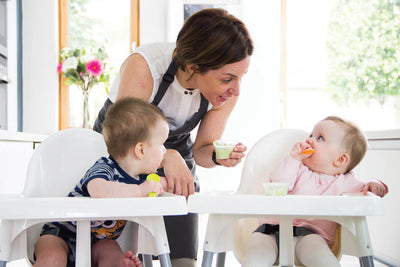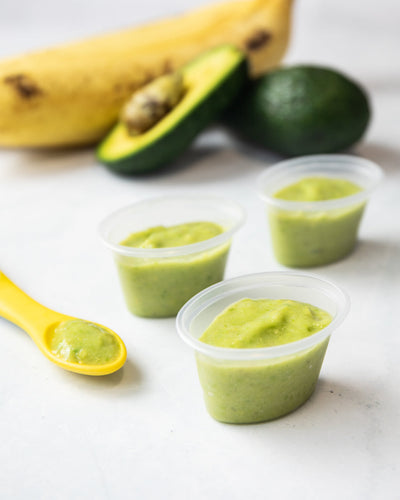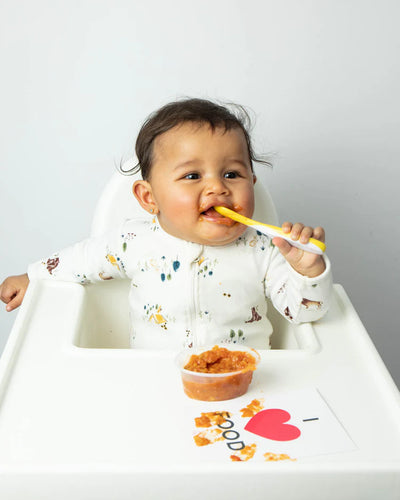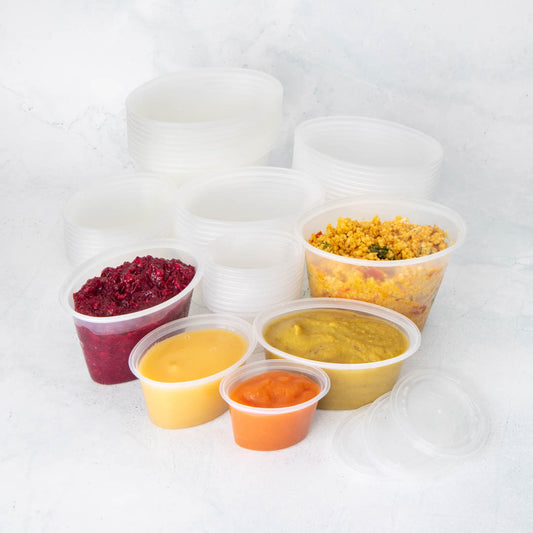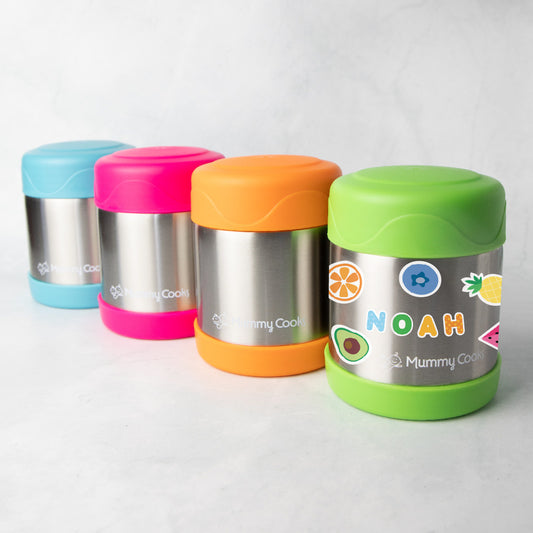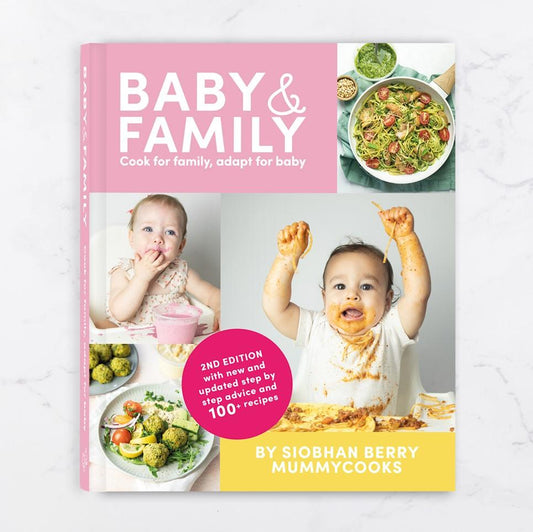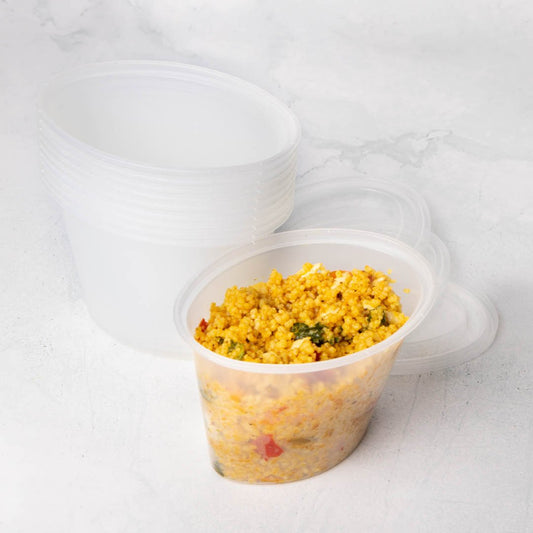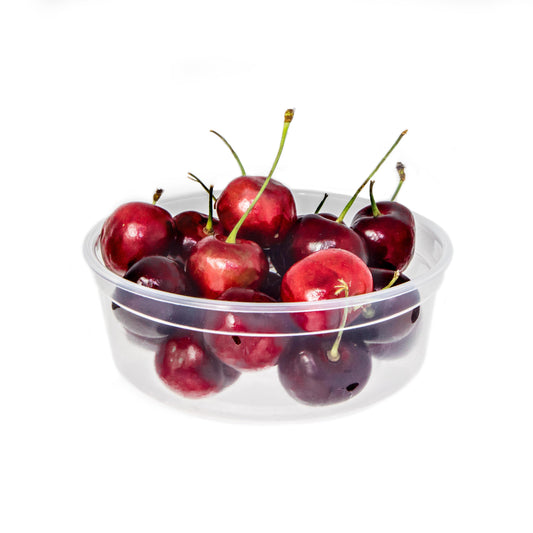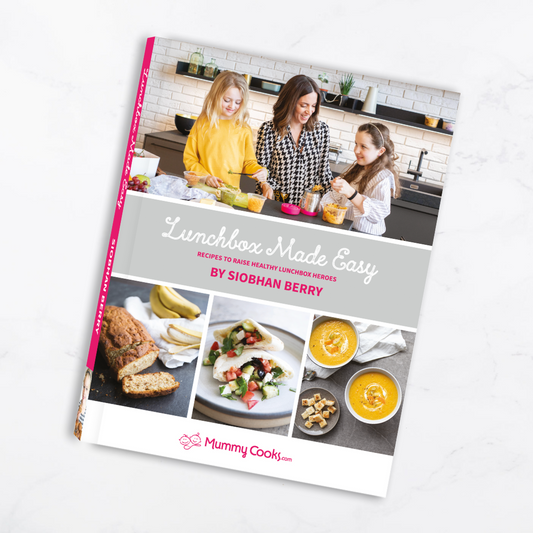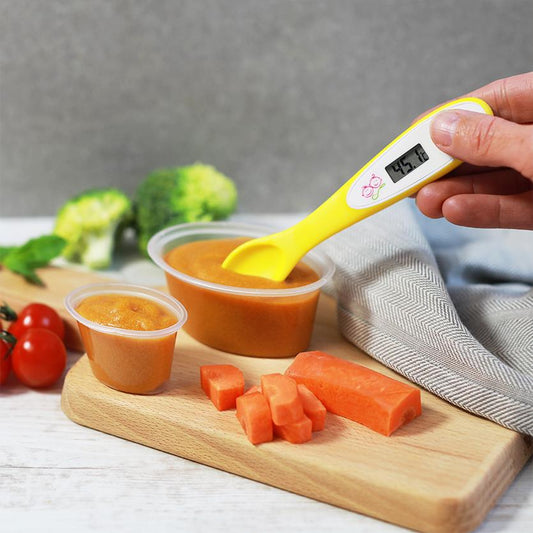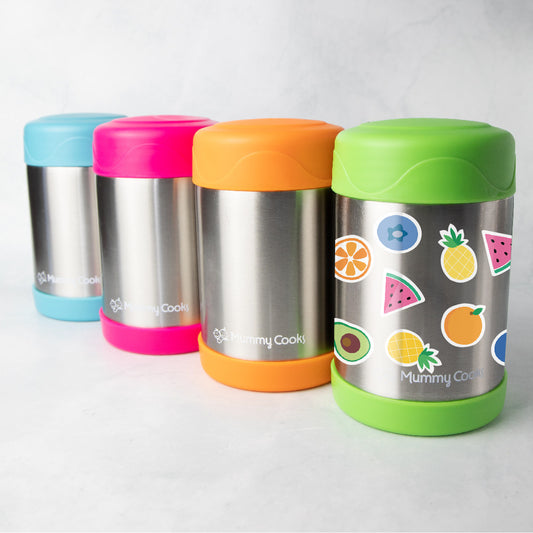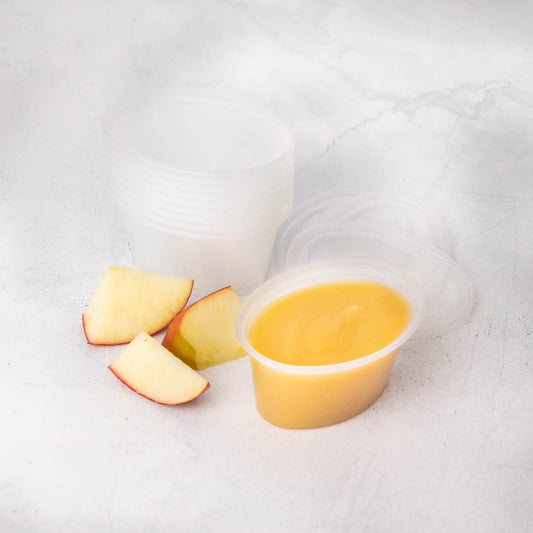Changes in posture are normal during pregnancy.
The changes happen as a result of growing breasts and the increasing size of your bump. These changes can cause rounding of your shoulders leading to pressure and sometimes pain at the base of your neck and across your upper spine. Your growing bump causes forward tilting of the pelvis, which can lead to increased stress and strain of the muscles and joints of the pelvis and lower back.
These gradual pregnancy related changes do not correct automatically once you have your baby. Your abdominal muscles will take time to return to their normal function of providing support to the lower back. The structural changes will respond well to the gentle stretches and strengthening that form the basis for many post-natal exercise classes, including Pilates.
Jenny’s Top Tips for Great Posture after your Baby is Born:
- Sit with your back supported and your feet uncrossed and resting on the floor. Try to ensure your hips are at least level with your knees or even slightly higher when sitting to feed. If your feet do not touch the floor, use a small step for support.
- Actively relax your upper body when you are feeding your baby. Try to push your shoulders towards the floor to reduce tension in the muscles between the neck and shoulders, known as the upper trapezius muscle.
- Rest your baby on a pillow or cushion when feeding to bring him close to you. Holding your baby tightly to the breast for the duration of the feed can overwork your neck and shoulder muscles, and lead to pain.
- When holding your baby over one shoulder, do not lean backwards. This causes over-arching of your lower back. Try to draw in your lower abdominal muscles and tuck your tailbone downwards to keep your pelvis and lower back in a neutral position.
- Always change your baby’s nappy on a surface at waist height. Never bend over a low table as the excessive bending can strain your back.
- Avoid carrying your baby on one hip. This puts uneven pressure on your spine and pelvis which can result in injury, especially as your baby gets bigger and heavier.
- Make sure your bra is the appropriate size for you and get measured regularly as you continue to breast-feed. This will reduce the pressure across your upper spine.
- Avoid carrying your car seat as much as possible, especially as your baby gets bigger and heavier; they are very awkward and can put strain on the spine.
Please note:
If you have pain or any concerns while pregnant or in the post-natal period, please report them to your Chartered Physiotherapist, GP or obstetrician ASAP. Do not suffer in silence. If in doubt, get it checked out. Not all aches and pains are normal and it is important to resolve any issues that are affecting your ability to go about your daily business with your new baby.
Bio:
Jenny Branigan is a Chartered Physiotherapist and owner of Total Physio in Sandyford.
At Total Physio, she sees many women who present during pregnancy and postnatally with conditions ranging from pelvic girdle pain, to postural aches from breastfeeding, to painful wrists from lifting heavy babies, to sciatica. Jenny has written on these topics for the Irish Times, Maternity & Infant magazine and is the Mummy Pages Physio Expert.
Total Physio run Pregnancy and Postnatal Pilates classes, taught by Chartered Physiotherapists who are specially trained in this area.
Most importantly, Jenny is Mum to Jamie and Holly.
You can ask Jenny a question on her facebook page http://on.fb.me/WgFMkn or for more information, please see www.totalphysio.ie






